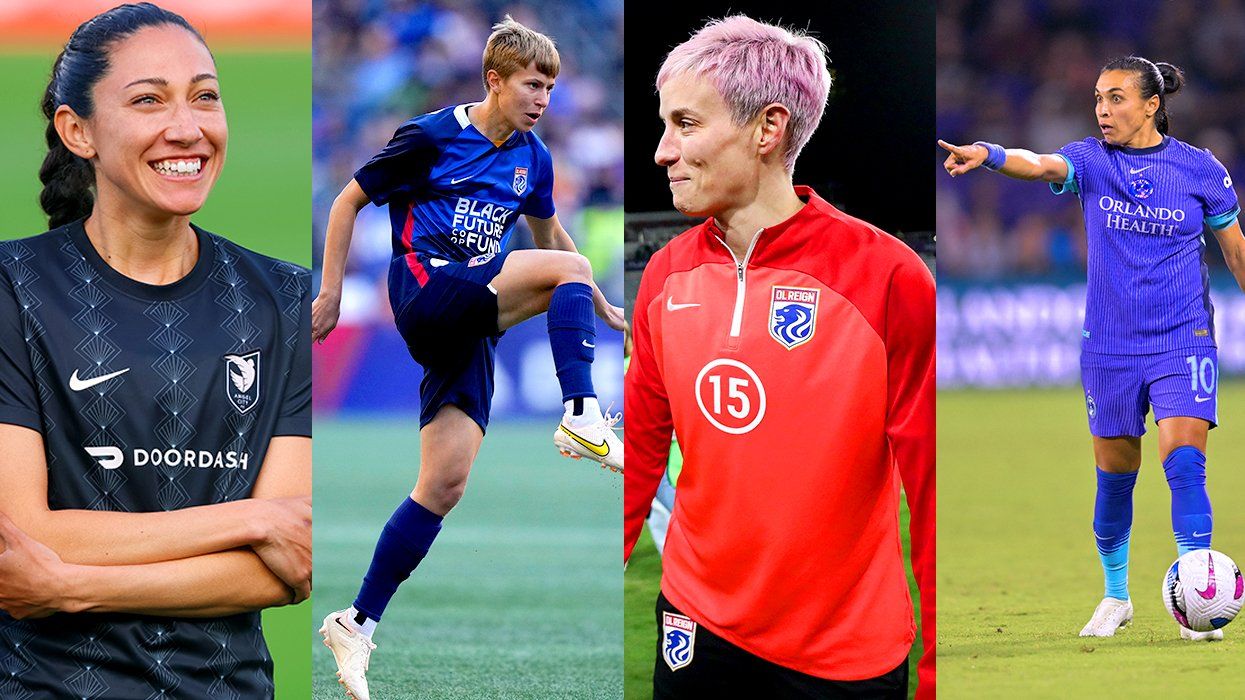How could anyone hate these talented young musicians whose songs have been topping the charts for...ever? And yet these young women lead on Twitter and tabloid TV shows like ET and omg Insider as music’s “bad girls.” It’s all snark about them, all the time. The night of the American Music Awards broadcast on ABC was a case in point: Miley got 2 million tweets, Katy got 850,000.
These weren’t OMG we love you! You’re so fabulous! tweets, either, even though both women rocked their performances and even Perez Hilton acknowledged that Miley is a force to be reckoned with when it comes to awards shows. These were vicious, you suck, we hate you, STFU tweets.
The only reason Rihanna and Taylor–perennially chided for their relationship choices–didn’t get the usual massive Twitter snark during the AMAs is because Miley, who ended the awards show, synched her performance with a ginormous crying, tongue-lolling, lip-synching kitten while Katy, dressed as a geisha including full rice makeup, opened it. Katy got called a racist and Miley got called a “cat-astrophe.”
Just last week Rihanna was getting reamed for drinking from a shoe. And the day after the AMAs, because no one could find something else nasty to say about Taylor after she took home Artist of the Year as well as three other awards, the story was that she wore the same dress Rosie Huntington-Whitely wore on the One Direction video shoot back in August with Taylor’s ex, Harry Styles. E!Online urged readers to comment on who looked sexier. Commenters chose Rosie and dissed Taylor for always trying to get attention.
Really? Does Taylor need to “get attention” as Artist of the Year? Her Red album is a top-grosser that’s landed her third on Forbes top millionaires under 30 with a net worth of $55 million. She’s also a major philanthropist.
At 23.
So why do Taylor and these other young women get so much heat? Are they really so bad that even on a night when one of them walks away with an armful of awards the only thing that can be said is “someone sexier wore your dress first”? Or do strong, successful women under 30 get more criticism–especially from other women–than they deserve?
Lorde got slammed in People magazine last week for her album “Pure Heroine.” The 17-year-old New Zealand singer whose fabulous song “Royals” is the number one pop single in the U.S. was told to “lighten up” because her amazing album is “too dark” for her age. (Didn’t we hear this same story about Adele? And wasn’t Adele also continually criticized like Taylor and Rihanna for her relationships, not to mention her weight?)
No one has gotten hit with the snark stick more than Miley in the past few months, though. Her twerking performance at the VMAs in August was called every name in the book. Then in October, veteran rocker Sinéad O’Connor wrote an open letter to Miley Cyrus telling her she was setting a bad example for young women. O’Connor asserted:
“The message you keep sending is that it’s somehow cool to be prostituted...it’s so not cool Miley...it’s dangerous. Women are to be valued for so much more than their sexuality. We aren’t merely objects of desire. I would be encouraging you to send healthier messages to your peers... that they and you are worth more than what is currently going on in your career.”
Miley didn’t take O’Connor’s comments well, pointing out O’Connor’s well-known battles with bi-polar disorder and basically telling O’Connor to look to her own life (O’Connor has been married four times in the past decade) and career before critiquing hers.
This prompted more women to pile on Miley in defense of O’Connor. To her credit, Miley forged on, doing whatever she wanted with her Gene Simmons-esque tongue.
Taylor Swift seemed to be both more wounded and more willing to hit back after comedians Tina Fey and Amy Poehler joked about Taylor’s love life when they hosted the Golden Globe Awards back in March.
In an interview with Vanity Fair, Taylor quoted something she said talk show host Katie Couric told her–that “there’s a special place in hell for women who don’t help other women.”
Taylor criticized Fey and Poehler as anti-feminist, asserting about her own work, “For a female to write about her feelings, and then be portrayed as some clingy, insane, desperate girlfriend in need of making you marry her and have kids with her, I think that’s taking something that potentially should be celebrated–a woman writing about her feelings in a confessional way–that’s taking it and turning it and twisting it into something that is frankly a little sexist.”
Frankly, she’s right.
Katy Perry and Rihanna have also been overloaded with sexist commentary–nearly all of it from other women and none of it about their work, all of it about their personal lives. As if there simply must be something to critique about these talented artists.
But why? Why are these successful young women–women whose music is being bought primarily by girls and women–so seemingly reviled?
I’ve always respected Sinéad O’Connor’s music, but I thought her comments to Miley were out of line, off the mark and fiercely belittling. Middle-aged feminists saying that Miley’s voice and songs are nothing compared to O’Connor’s is just rude and wrong. Miley has a strong and stellar voice. And not everyone is a political songwriter. That doesn’t invalidate their work. There’s plenty of room for a catchy broken-hearted ballad like “Wrecking Ball,” just like there’s plenty of room for Taylor’s chart-topping love songs.
When I wrote about the VMAs here and the “outrage” over Miley’s performance with Robin Thicke–who is twice her age–I pointed out that there were no surprises in that performance. These aren’t ad-libbed moments we’re watching. Choreography has been in place for weeks. So has the stage blocking and timing. Everyone involved in the production of these awards shows knows exactly what a performer is going to do. So feigning shock or blaming one person when the show is an amalgam of work by many? What’s that about?
I thought Miley’s performance at the AMAs was fantastic. Her voice is amazing–only the kitten needed to lip-synch. After the show she looked soignée and classy in a white pants suit as she celebrated her 21st birthday with friend Kelly Osbourne. Just like any un-famous girl who’d just turned legal.
I want to know why women–particularly feminists–feel the need to chide these young musicians for their choices. Or assert that someone else is making these choices for them, infantilizing them. Miley just turned 21. Swift is 23. Rihanna is 27. Katy is 29. These are women in the most pivotal years of their lives–trying on different personae to discover which one fits best.
Is any one of these women really doing anything with her life that demands censure? Don’t we want to see women musicians take chances and risks with their performances? Shouldn’t women musicians be allowed to use their music, lyrics and bodies however they want to prove whatever point they want to prove?
The real hurt in Taylor Swift’s voice as she spoke to Vanity Fair was met with a “get over it” response from Fey and Poehler. O’Connor was so angered by Miley’s response to her unasked-for advice that she threatened to sue for libel. Are these the voices of feminism?
Male musicians get to do what they want, when they want. R Kelly performed at the AMAs, too. Does anyone remember that a decade ago Kelly, who Billboard lists as one of the best-selling artists of the past 25 years, was arrested for allegedly urinating on an underage girl in a video? Or that he had married the late singer Aliyah when she was 15?
At 70, Mick Jagger still struts on stage like he did at 25, pushing his particular brand of sex. At 68, Rod Stewart does the same. And both men are involved with women young enough to be their granddaughters. Yet it was Taylor Swift–all of 23–accused of robbing the cradle by Fey and Poehler.
The space for women in the limelight is much smaller than that for men. This is an incontrovertible fact. So why are we so loathe to give them that space and let them do what they want with it? If Lady Gaga wants to sport a meat dress or flash her naked derriere on SNL and Miley wants to show off her perfect 21-year-old body in skimpy cat underwear, isn’t this on the continuum of women choosing to showcase themselves and their art and isn’t there some irony involved?
These artists are being held to a standard male performers never are and likely never will be. I side with Taylor Swift on the critiques of these women. It’s sexist. We should stop it.
Victoria A. Brownworth is an award-winning journalist, editor and writer. She has won the NLGJA and the Society of Professional Journalists awards, the Lambda Literary Award and has been nominated for the Pulitzer Prize. She is a regular contributor to The Advocate and SheWired, a blogger for Huffington Post and an contributing editor for Curve magazine and Lambda Literary Review. Her novella, Ordinary Mayhem, won Honorable Mention in Best Horror 2012. Her collection of vampire stories, Night Bites, has been published in several languages. Her novel, After It Happened will be published in fall 2014. @VABVOX
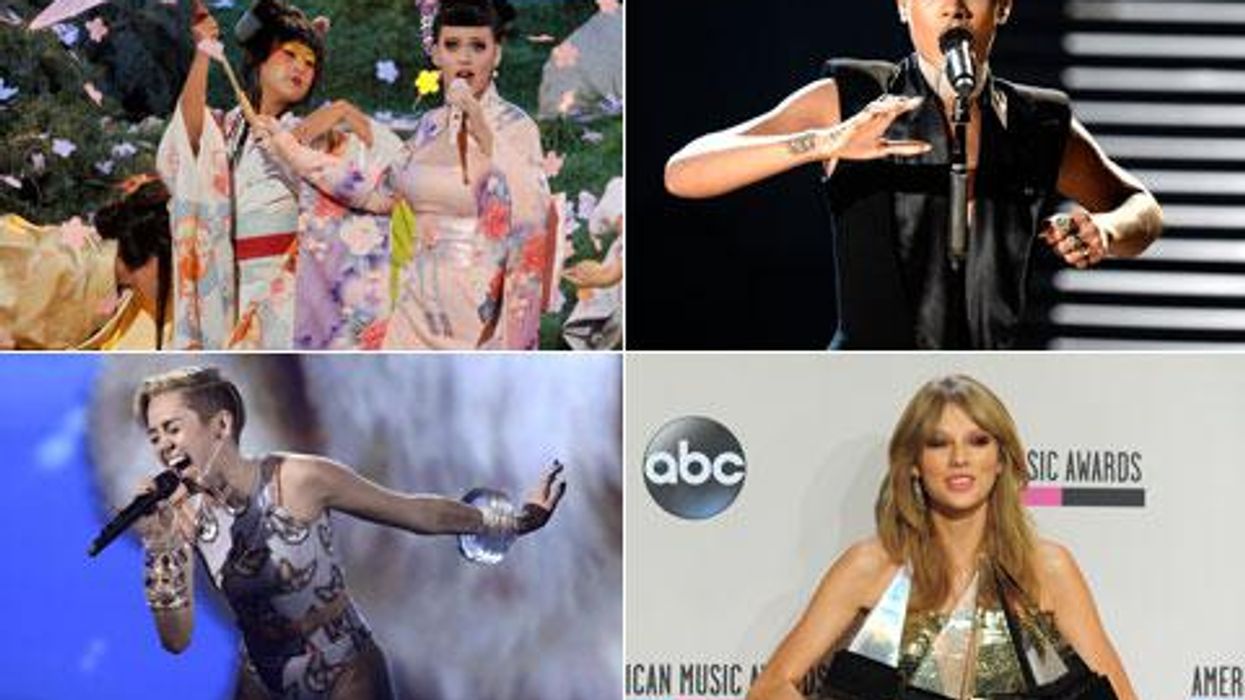





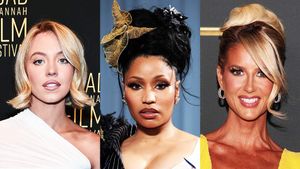








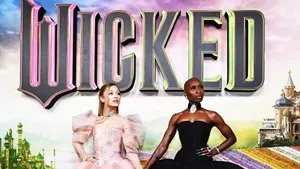









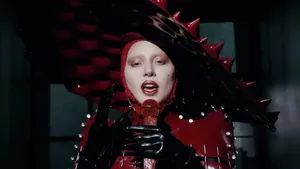




















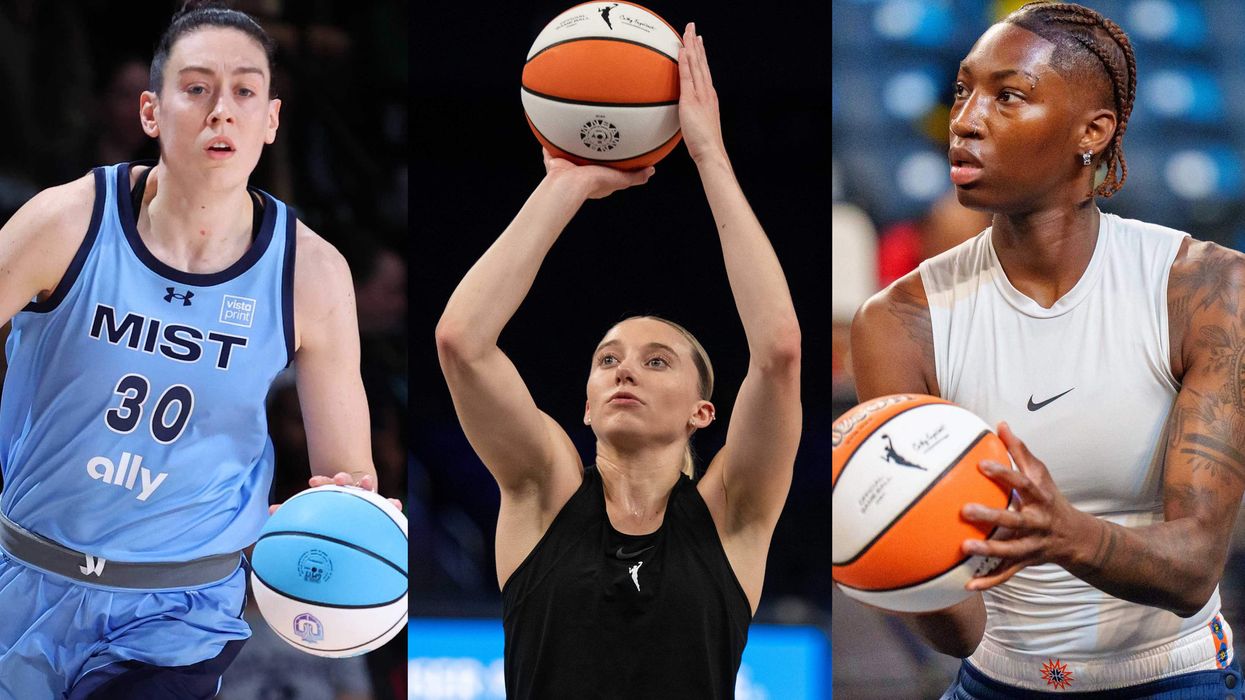
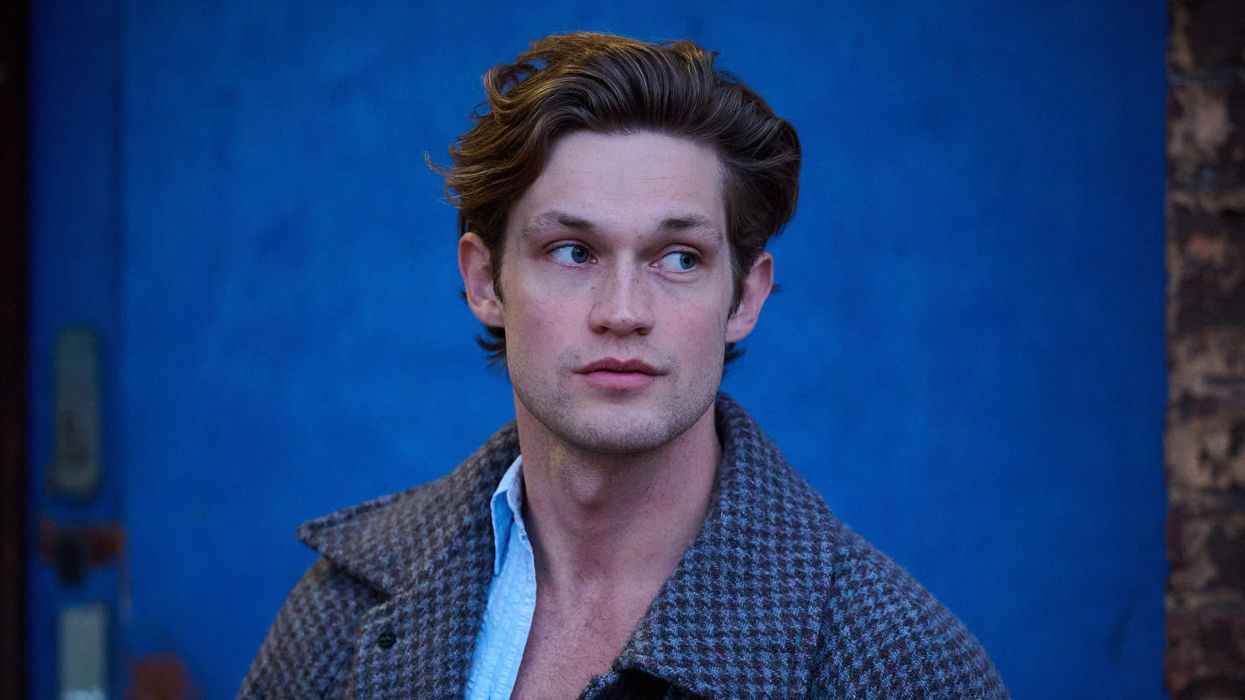
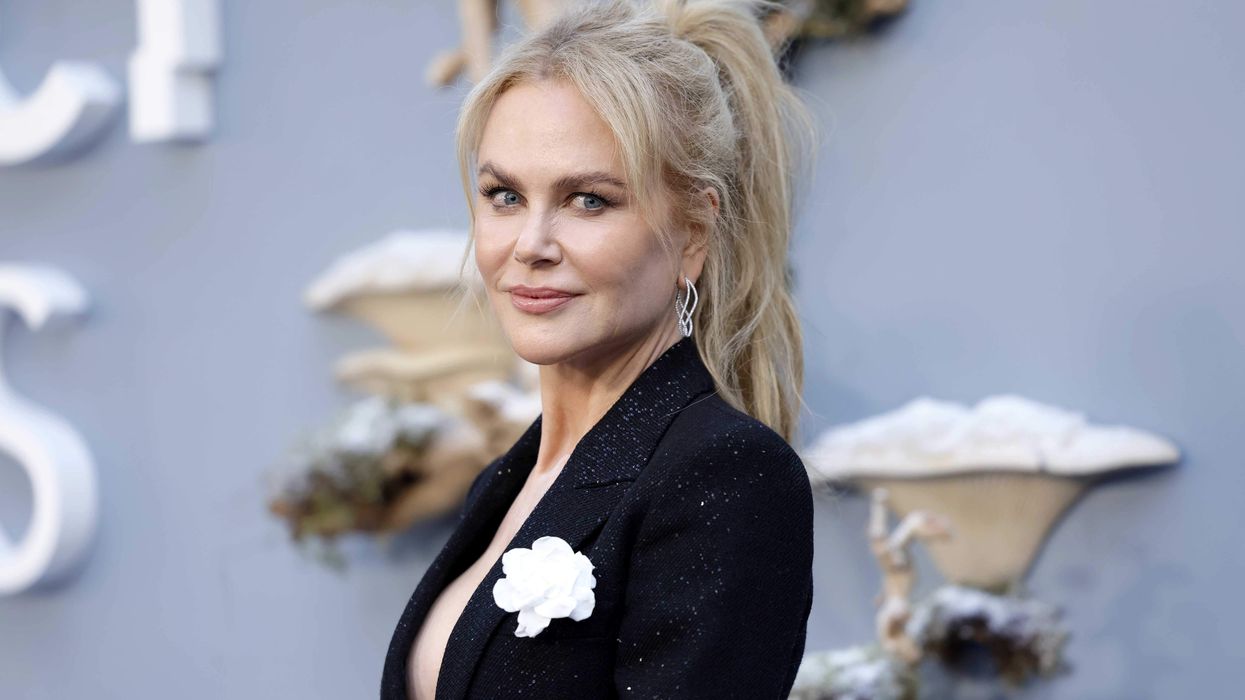
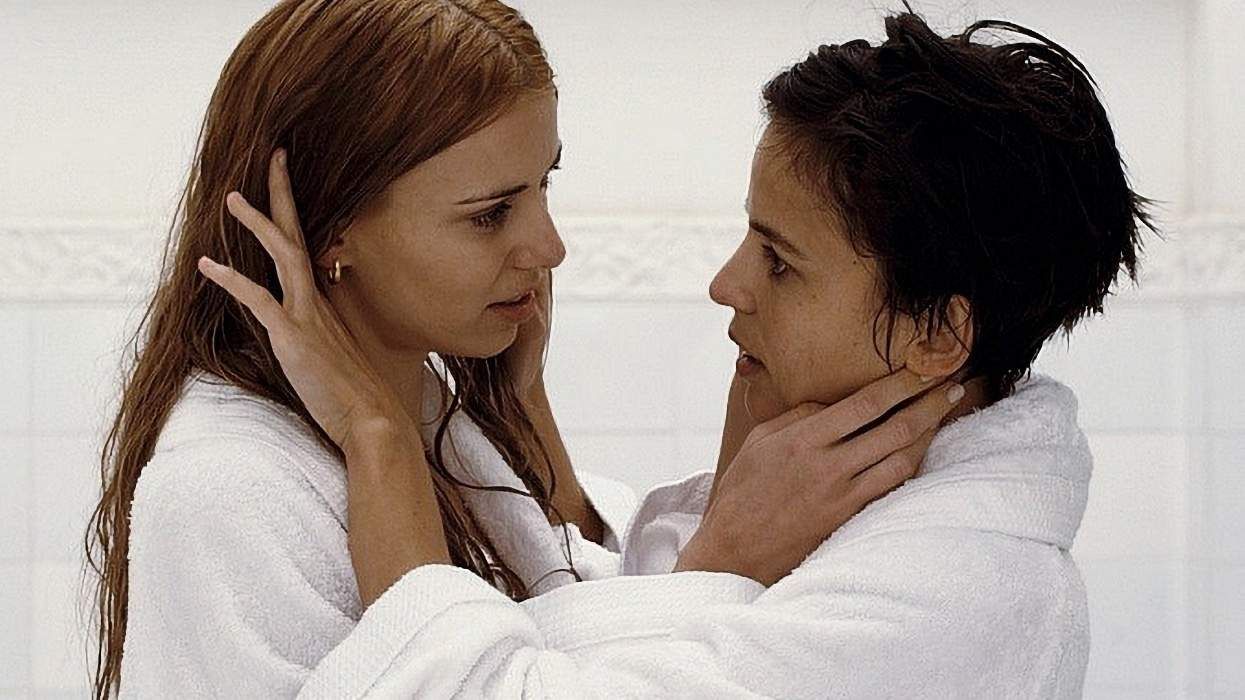



































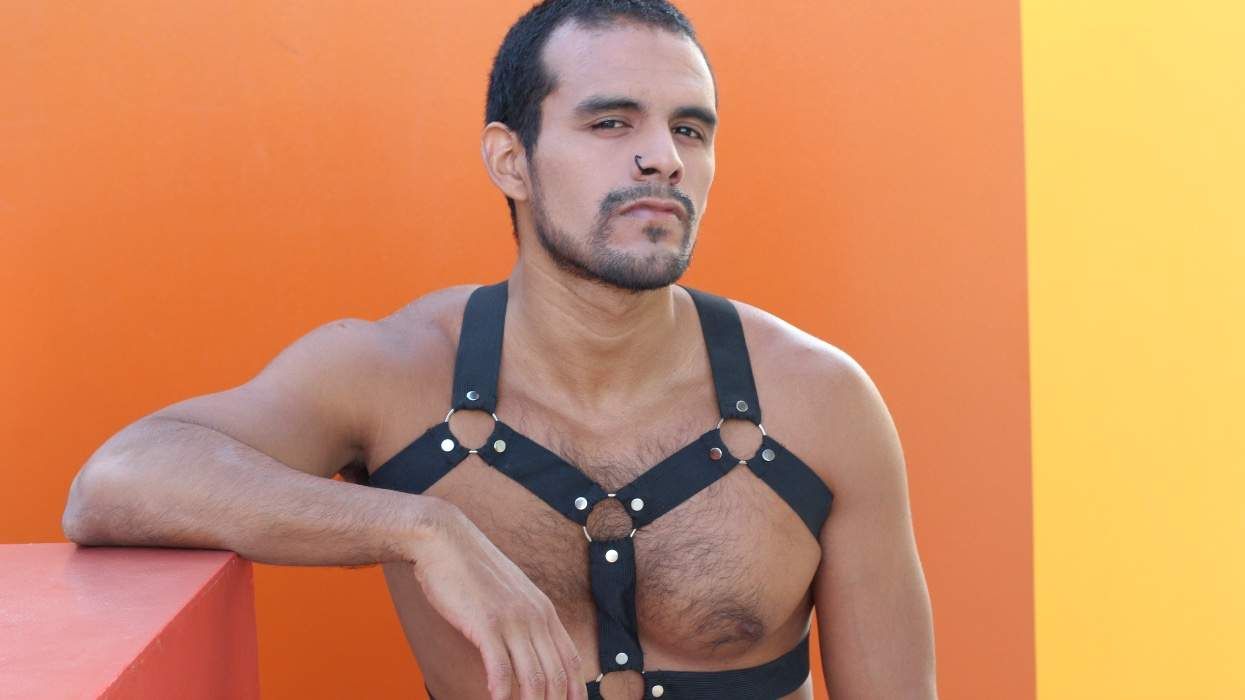

 Cindy Ord/Getty Images
Cindy Ord/Getty Images
























